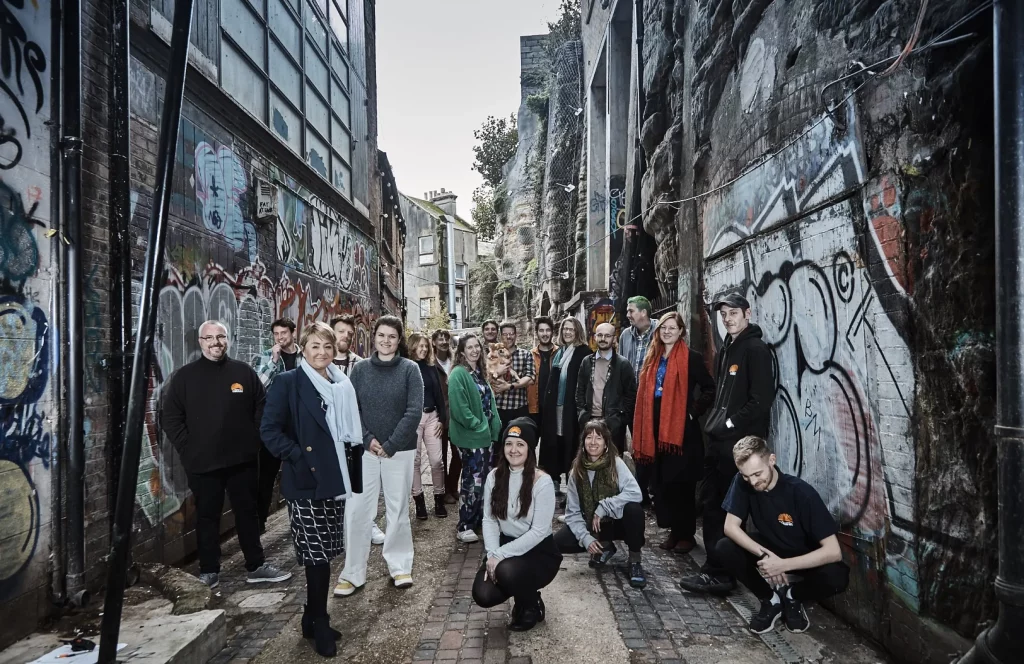PASO A PASO is a housing program in Ecuador that helps low-income families, especially women-led households, gain access to government housing grants. Many poor families were excluded from the national housing subsidy because they lacked the 10% savings and formal credit approval required. PASO A PASO created a self-sustaining system that combines family savings with small loans through a revolving fund, enabling families to meet these requirements.
Since 2001, the project has given 1,252 loans, supporting 17 housing programmes and the construction of 725 homes in cities like Quito, Riobamba, Alausí, and Cotacachi. About 68% of the loans went to women. Once families repay their first small loans, they build a credit history, allowing them to access larger loans and mortgages from banks. Over 140 families have obtained formal mortgages after participating. With a 98.8% repayment rate and 12% interest, the project is financially sustainable and has leveraged more than five times its initial funding.
Communities are deeply involved in all stages: saving, planning, buying land and materials, and building homes. This collective responsibility has strengthened social ties, improved confidence, and increased political engagement. Families have also gained access to safe water, sanitation, and electricity.
The project promotes partnerships between local communities, Non-Governmental Organisations, governments, and private contractors. It has generated thousands of jobs in construction and local supply chains and reduced housing costs by about 30%. Even when national subsidies were suspended, PASO A PASO continued through loans and interest income. Its model has been shared with other cities and countries, demonstrating that organised communities, local support, and microfinance can turn the dream of safe, affordable housing into reality.
CIUDAD







